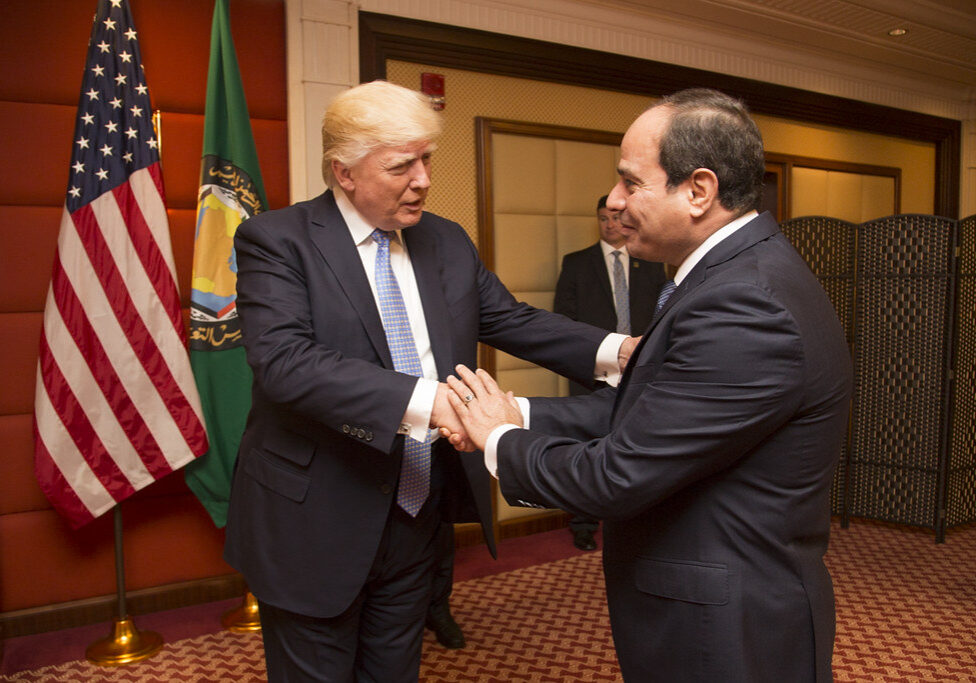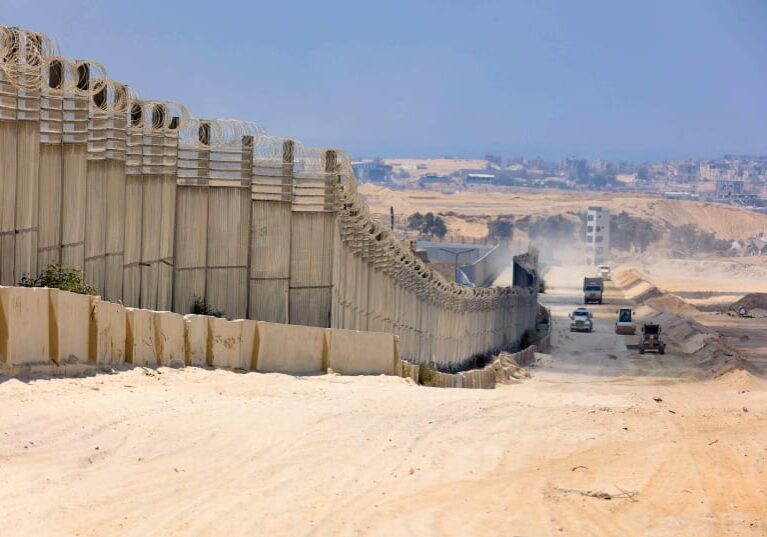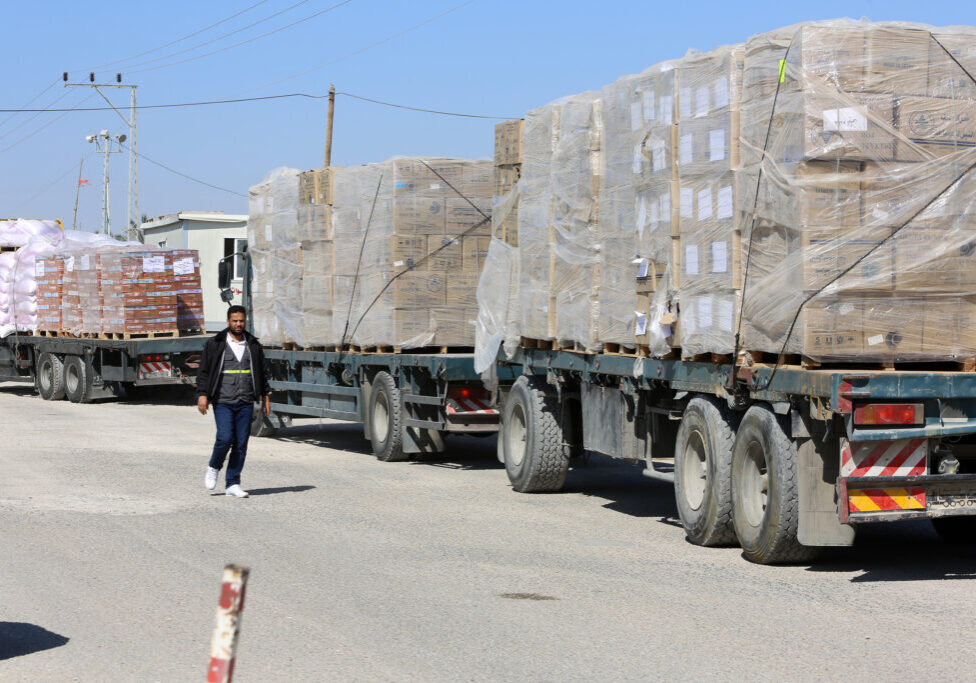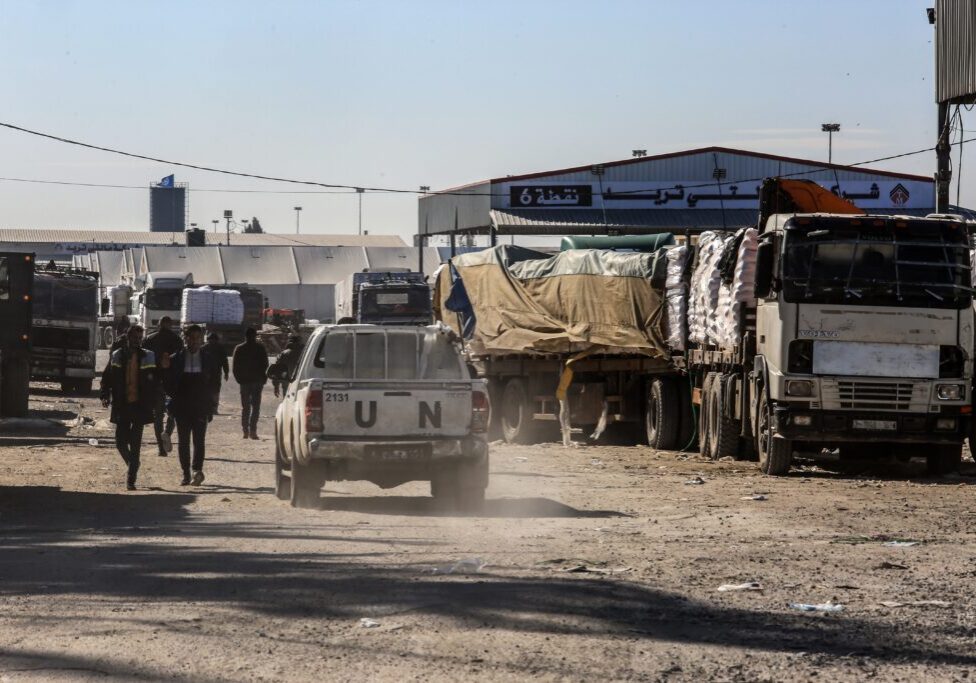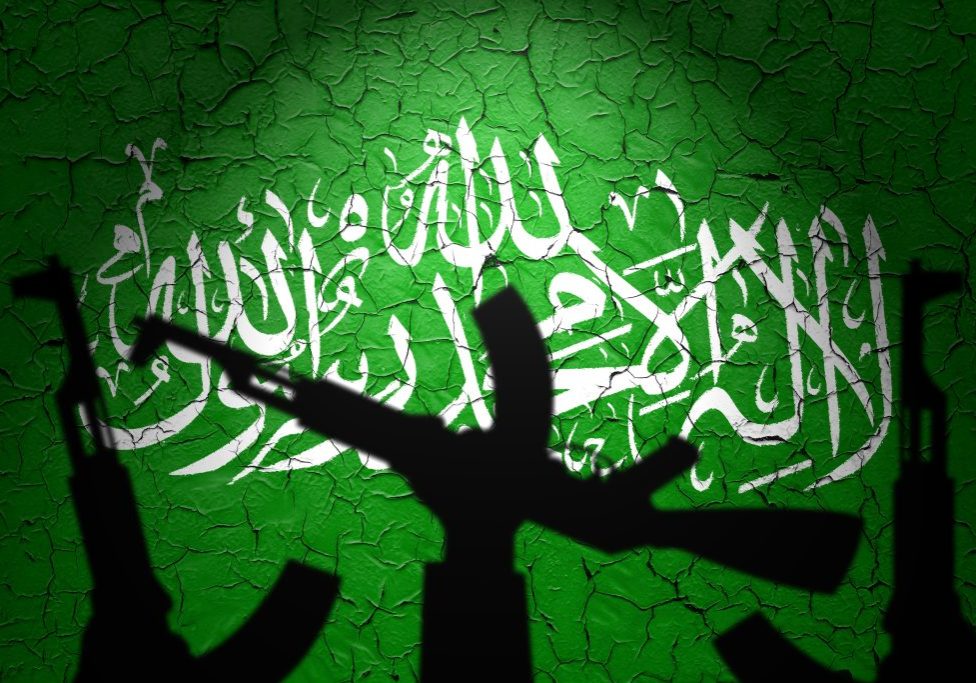Australia/Israel Review
Editorial: Autumn follows Spring
Sep 26, 2011 | Colin Rubenstein
Colin Rubenstein
It has become increasingly clear that, sadly, the Arab upheavals that swept the Middle East this year are not resulting in a democratic “Arab Spring”. Rather an “Islamist awakening” seems to be occurring alongside a resurgence of extreme Arab nationalism.
The middle class crowds demanding “freedom” and “democracy” seem to have lost the battle for the streets in Cairo and elsewhere. The old demons of violent, conspiratorial anti-Americanism and antisemitism, which seemed so blessedly absent in the initial demonstrations, are back with a vengeance.
With the uprisings failing to rapidly improve the lives of Egyptians or Tunisians, the long-standing habit of deflecting hatred towards Israel seems to be re-asserting itself.
In Libya, al-Qaeda-linked extremists are playing an important, potentially dominant role in the new government thanks to their predominance in rebel militias. The situation in Yemen is chaotic, but Islamists seem more likely to get the upper hand than liberals.
It is worth noting, however, that Morocco, and perhaps Tunisia, still offer hope for genuine liberalisation in response to popular pressure.
The peace agreement between Israel and Egypt has been under threat since the fall of Mubarak – due to the unleashing of violent anti-Israel sentiment in Egypt. This was on full display on September 9 when a mob stormed the Israeli Embassy forcing the evacuation of the Israeli Ambassador and 86 embassy personnel. After initially avoiding calls from Israeli leaders, the Egyptian government finally sent in commandos to rescue the remaining six embassy personnel following US intervention.
The 1979 peace agreement signed between Israel and Egypt has benefitted both Israel and Egypt, providing Israel with a basis for much-improved strategic security, and Egypt with the return of the Sinai Peninsula, over US$2 billion a year in US aid and the conditions for the development of the tourism industry and foreign investment. The Egyptian military government knows the importance of the treaty – but neither they nor anyone else in Egypt appears willing to tell Egyptians about the agreement’s benefits. Instead, with anti-Israel incitement pervasive throughout the decades since its signing, it is being universally portrayed as at best an unwarranted act of generosity, if not a complete sell-out to the evil Zionists.
With the Islamist Muslim Brotherhood expected to become the largest party in the upcoming election scheduled for November, and no Presidential candidate prepared to defend the treaty, the best-case scenario appears to be that this already cold peace will turn icy and brittle.
Meanwhile, Israel’s constructive relationship with Turkey has also collapsed. In 1949, Turkey was the first Muslim-majority country to recognise Israel, and common strategic interests soon led to a solid relationship which reached an unprecedented degree of closeness in the 1990s. But in recent years, the AKP Erdogan Government in Ankara has gone down an Islamist path and is now aiming for a “neo-Ottoman” form of regional leadership – and views picking fights with Israel as a good way to win plaudits from Arab publics. After forging close ties with Hamas, Erdogan has become an outspoken advocate for the Palestinian right to self-determination, despite denying Turkey’s Kurdish population those same rights. His government, recklessly irresponsible in the Flotilla incident according to the UN’s Palmer Report, has nonetheless used the incident as the basis for downgrading its relations with Israel before sending Erdogan parading through various Arab states to popular acclaim.
Turkey has also stated that it is seeking to create a regional alliance with Egypt, in order to establish a new axis of power at a time when US influence in the region is diminishing. Turkey and Egypt are two of the region’s most militarily strong, populous and influential countries. The new alliance appears to be aimed at strengthening a ‘Sunni Islamist’ regional bloc to neutralise the Iranian ‘Shi’ite Islamist’ regional bloc that includes Syria and Hezbollah. This new alignment may also be linked to Turkey’s condemnation of the Assad regime for its brutal crackdown on protesters that has now resulted in over 2,600 Syrians being killed. A post-Assad regime in Syria is likely to be Sunni and more closely aligned with Turkey.
A Sunni bloc to rival the extremist one led by the Iranians may at first glance seem positive for Israel. However, both blocs are likely to be Islamist, vying to outdo each other in both their verbal denunications and sponsorship of physical “resistance” against Israel.
Meanwhile, the global focus on the Arab uprisings and the Palestinian UN bid this year have detracted attention from Iran’s increasingly advanced nuclear ambitions. Iran is continuing to both illegally enrich uranium and rapidly build up its infrastructure to do so even more quickly and efficiently.
It is clear that Iran is already very well along on the way towards developing nuclear weapons – and it is appearing increasingly unlikely that anyone will stop it.
Given the new Islamist Sunni/Shi’ite rivalries emerging in the Middle East and the power struggle for leadership likely to play out between Iran and Turkey, this would set off an incredibly destablising regional arms race that could have unimaginably horrific consequences.
The Middle East is undergoing historic change – but it is not democracy or liberalism that seems to be coming to the fore, despite early hopes. Of course, these changes provide strategic opportunities for Israel, as well as reason for concern.
Meanwhile, Israel faces enormous international pressure to concede a Palestinian state without Palestinian compromise or agreement to end the conflict. With the rise of a more volatile situation and even more radical forces competing for influence – any of which could seek to finance and arm violent, extremist Palestinian factions – deteriorating strategic realities not only threaten Israel’s long-term security but also undermine prospects for progress toward an authentic enduring two-state Israeli-Palestinian peace.
Tags: Egypt

